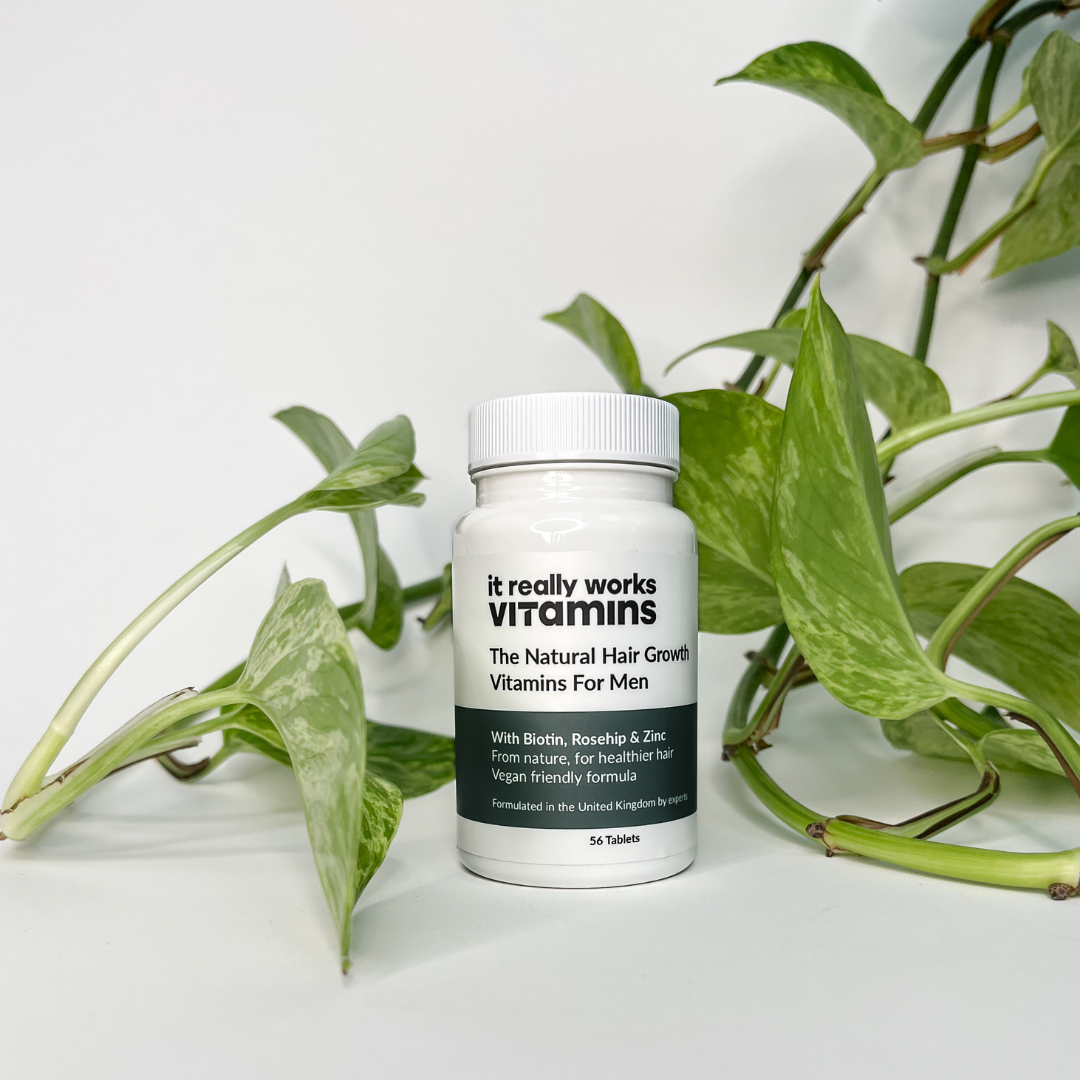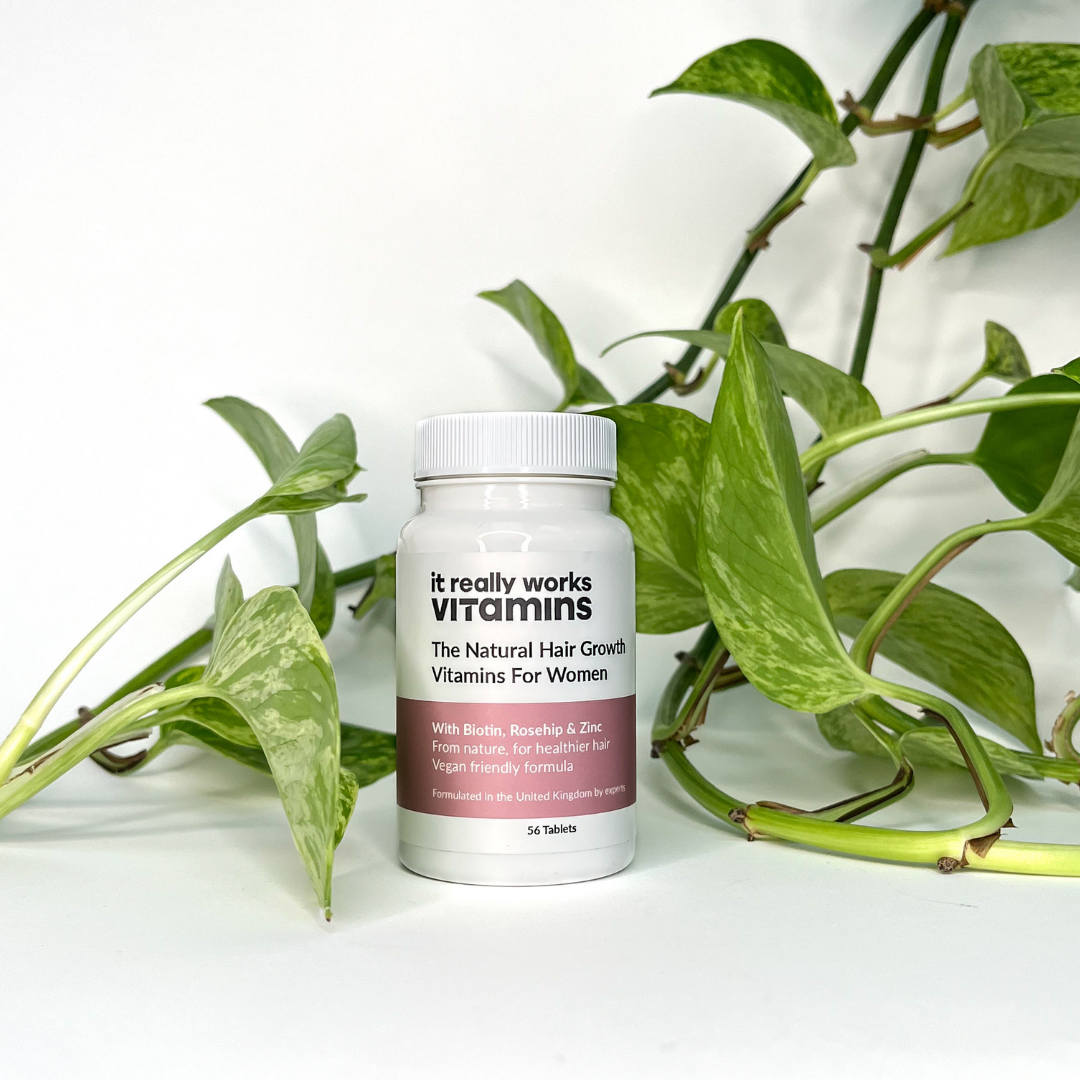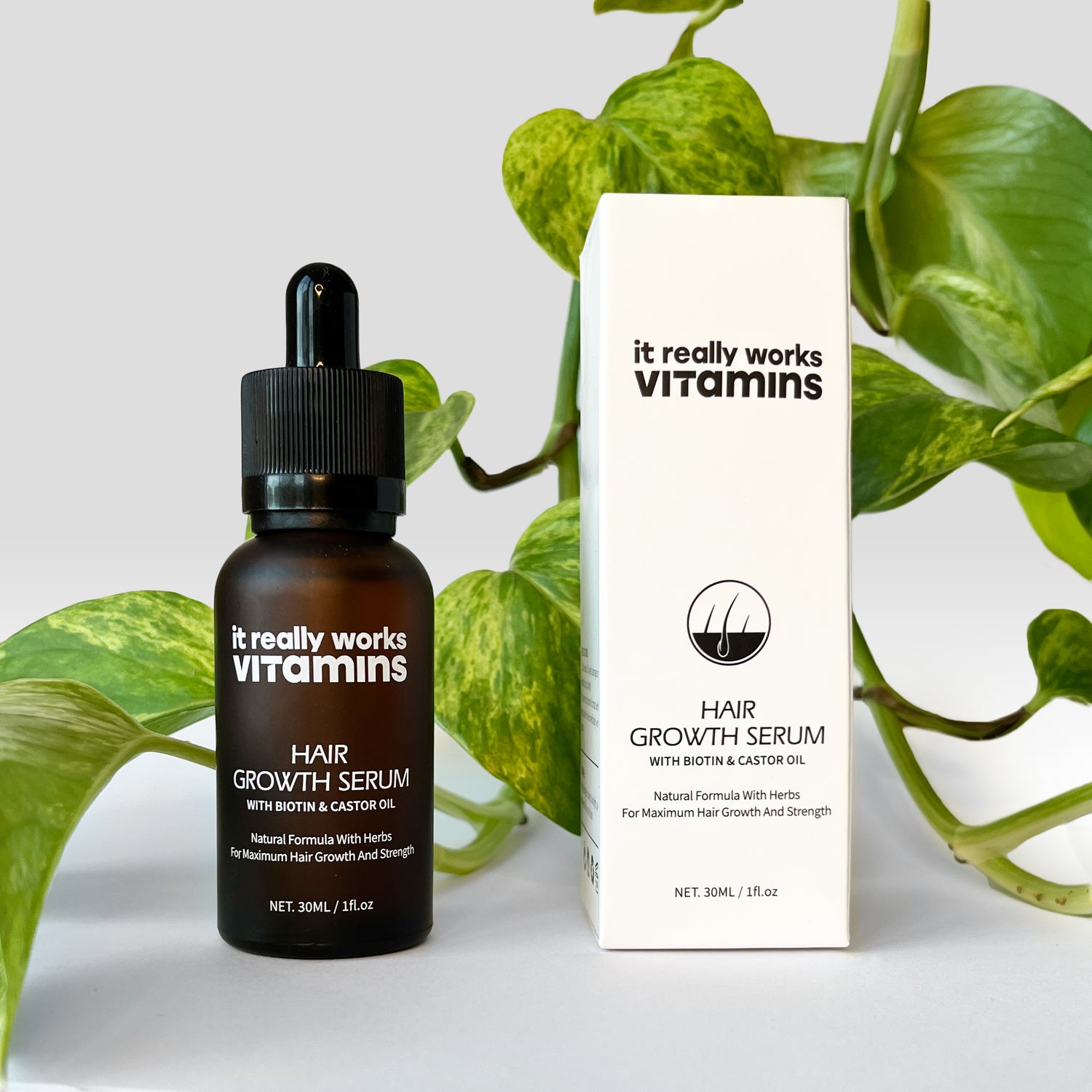For anyone suffering from hair loss, one of the problems that you might have is finding the reason for your hair loss. The causes of hair loss vary, anything from male pattern baldness to suffering excessive stress in life can have a negative impact on your hair.
As you probably already know, dihydrotestosterone is a sex hormone produced in the prostate. An enzyme called 5α-reductase synthesises DHT from testosterone in areas like the prostate and hair follicles, reducing the proper growth of hair in genetically-susceptible follicles in a process called ‘miniaturisation’.
What, though, can you do to correct such an issue?
A great place to start is blocking DHT from attaching itself to hair follicles.
In our earlier blog, we share an all-natural scrub you can try at home to remove DHT from the scalp. As well as a topical natural treatment, it's also a good idea to change up your diet. Studies show that eating the right foods can help block out excess DHT production. This would allow for the resumption of natural hair growth and thus reduce natural hair loss.
We recommend that you start with the following DHT-blocking foods: each one could play a leading role in preventing hair loss.
The best DHT blocking foods you should be eating today.
Before we get started, these micronutrients aren’t going to be as effective - unless you’re maintaining a healthy lifestyle,
So ideally you really need to be getting:
- 7-9 hours of sleep (sleep helps your body to maintain and repair cells, including those at the scalp and hair follicles)
- Make sure you’re getting regular exercise which helps to maintain healthy circulation which is needed for healthy hair growth.
- Importantly, something a lot of people neglect, you need to take the time to unwind and destress.
- Relaxing helps to reduce Cortisol, the stress hormone.
- And research shows that this hormone can sometimes cause hair to prematurely shift into the shedding phase.
- Finally it goes without saying, cut out smoking, drinking, any illegal drugs and unhealthy fatty foods from your diet. All of these, especially drink and drugs, stop nutrients being absorbed into your blood stream as well,
- Almonds: A great starting point, almonds are a powerful source of DHT inhibition – and also make a fun and enjoyable snack to munch on.
- Cashews: One reason to take cashews with regularity is that they are an excellent source of zinc, which helps to stop testosterone converting into DHT in the first place.
- Peanuts: If you prefer an old-school peanut, then you will be happy to know that their biotin count and their high levels of folate ad molybdenum makes them very useful as a natural DHT blocker!
- Carrots: Their high lycopene content means that carrots are often one of your most useful tools if you wish to top DHT, stopping 5 alpha re-educate.
- Tomatoes: Another useful tool for making sure that you can enjoy a healthier and happier range of hair growth is tomatoes thanks to their lycopene content, preventing testosterone from converting into DHT in the first place.
- Eggs: If you like an egg yolk, then you should definitely look to use egg yolk to your advantage. This would help with happy, healthy hair growth thanks to fatty acid creation.
- Bananas: The banana is not just a fine source of energy: it’s loaded with biotin – which is great for avoiding issues with testosterone conversion into DHT.
- Kale: As one of the leading names in the industry for high quality hair loss prevention, kale is loaded with zinc and also a series of different flavonoids which help to combat inflammation, which is perfect for stopping needless hair loss.
- Oysters: While not to the taste of everyone, an oyster makes a lot of sense as they are high in zinc and also have potassium and magnesium in high amounts, helping to improve your bloodstream and circulation.
- White Mushrooms: A wonderful source of Zing, too, they also help to provide you with pantothenic acids which are great for encouraging and optimizing hair growth.
So, what quality foods will you go for? Which of the above foods sounds like something that you could happily increase your intake or long-term?




